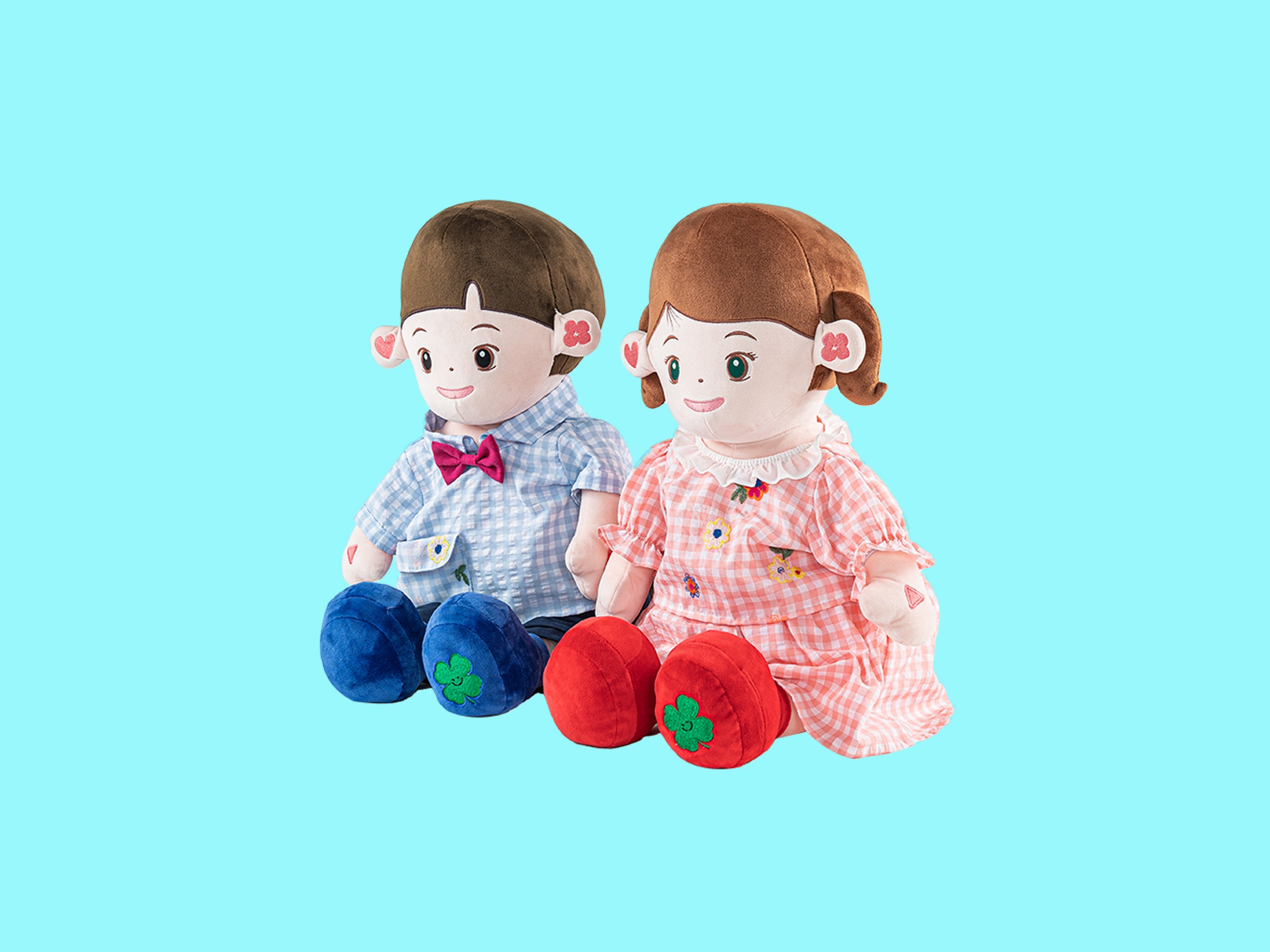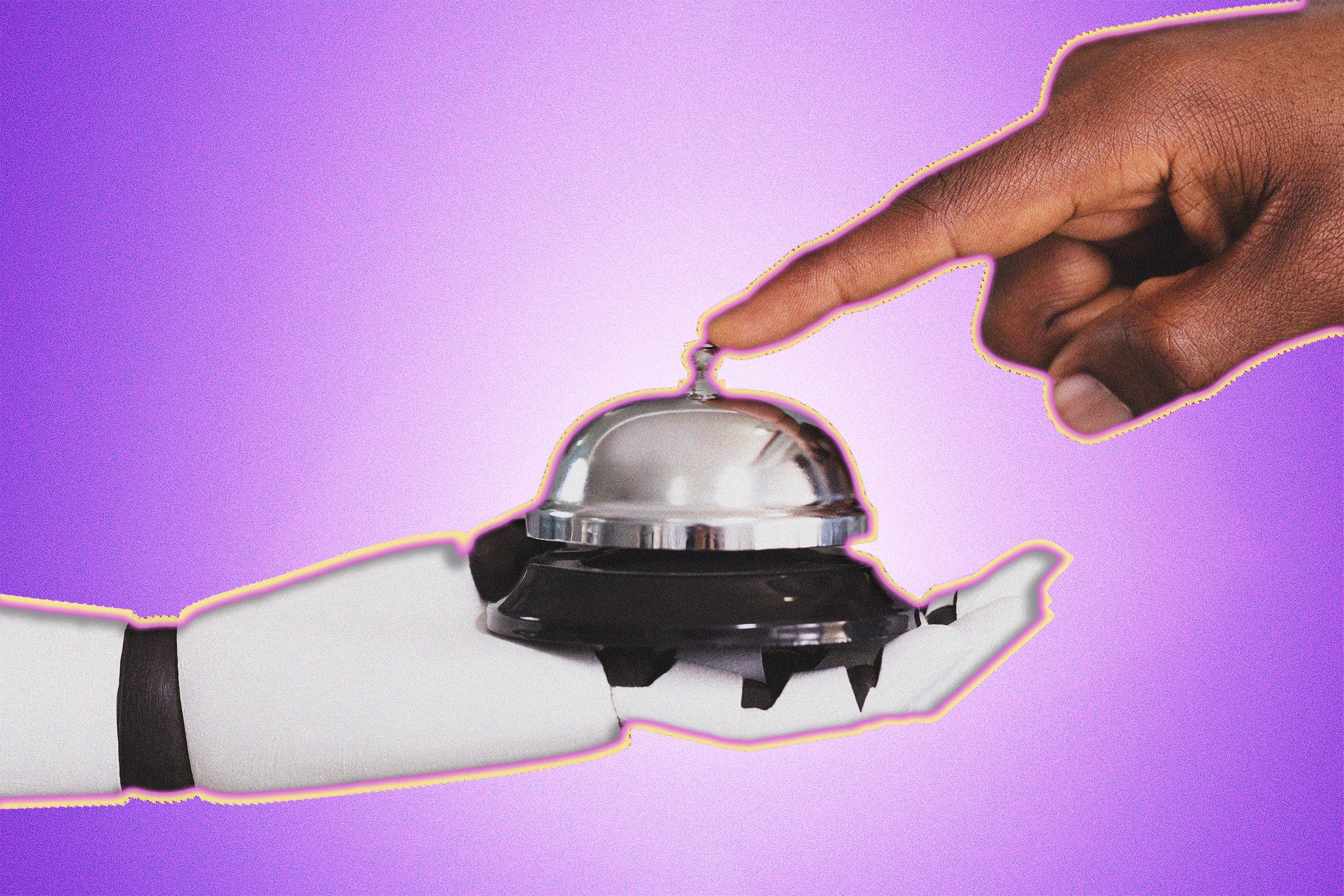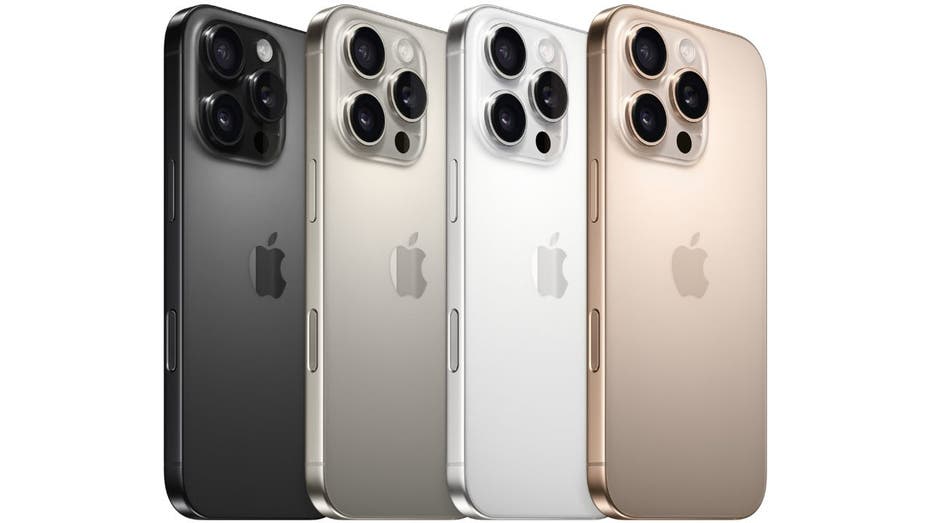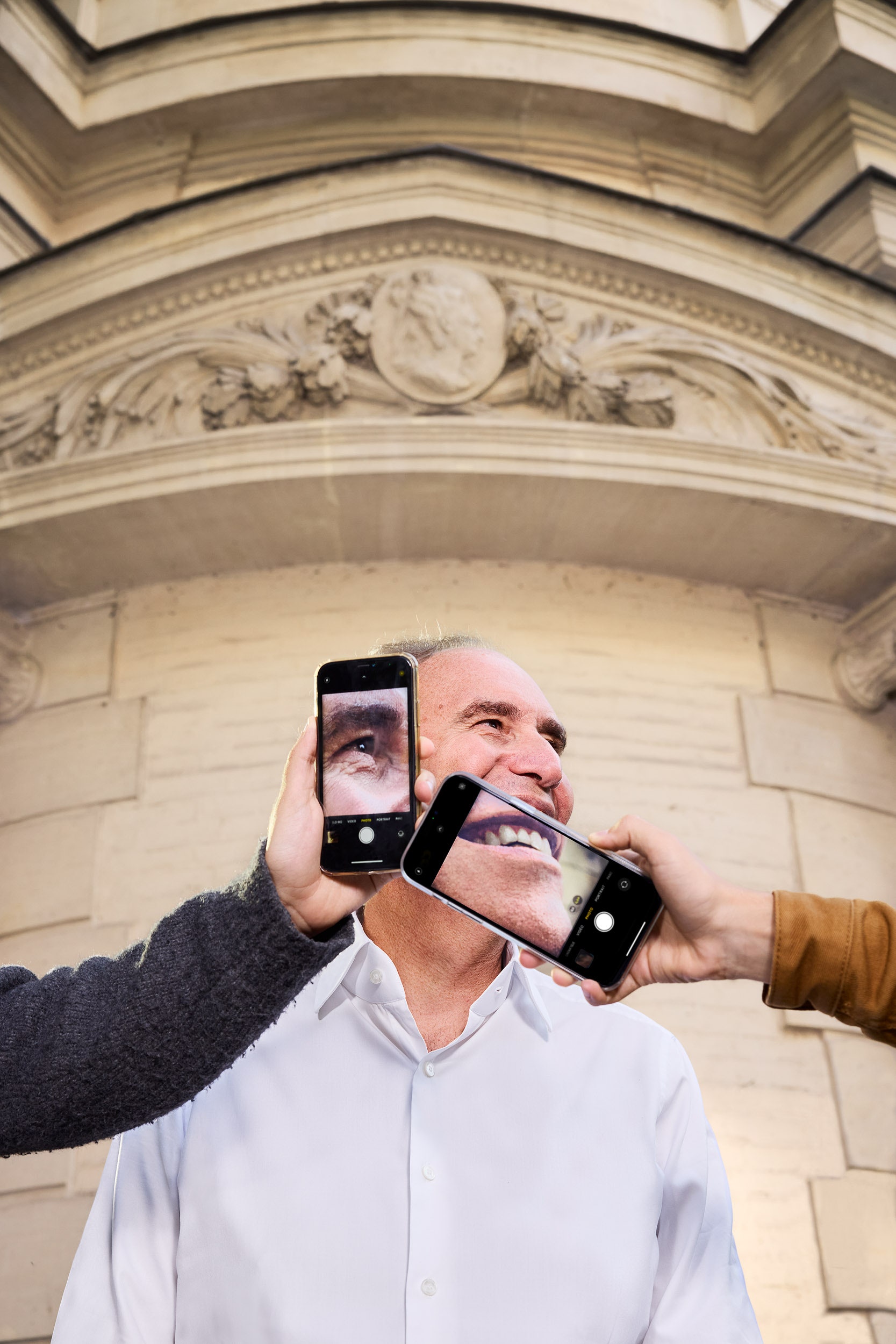Mobile World Congress always has more than its fair share of weird. Last week at MWC, the winner’s prize for bonkers went to a Korean company called Hyodol, which proudly showed off a disturbing-looking ChatGPT-enabled companion doll aimed at older adults. Now, this $1,800 AI-enabled doll may well look like something you’d find in a haunted attic, but it’s actually meant to act as an interactive digital pal for people experiencing loneliness or in long term care facilities.
Thanks to the large language model stuffed inside the doll, the Hyodol can supposedly hold conversations with its owners, as well as provide health reminders such as when to take medication or eat a meal. It’s every bit as connected as you can imagine, with a companion app and web monitoring platform that lets caretakers monitor the device and its user from afar.
Hyodol’s sensor-laden ChatGPT-enabled dolls can interact with their owners.
Photograph: Hyodol
It’s meant as a balm for the epidemic of loneliness, which has affected everyone from older adults in nursing homes to college students. Elizabeth Necka, a program director at the American National Institute on Aging, says there’s something to this kind of tech, particularly when used in nursing homes that are already suffering from widespread staffing shortages.
“The idea that there might be a low-cost solution that can mitigate feelings of loneliness is very attractive,” Necka says. “Whether or not ChatGPT can actually achieve those feelings of connections, to me, it seems a little bit premature to say that.”
There is certainly an industry for these devices. The market for adorable social robots is especially active in countries such as Japan. Companies like Lovot and Qoobo (“a tailed cushion that heats your heart”) have made cuddly, adorable companion bots en vogue. These devices have been utilized in Western countries as well, but there’s much less cultural acceptance for them. But the current tendency for companies to put generative AI into everything means everywhere is probably due for a wave of these conversational Chuckies.
“I think the industry is still trying to understand the market,” says Lilian Hung, an assistant professor and Research Chair in Senior Care at the University of British Columbia School of Nursing. “It’s still in its infancy, but it has certainly taken off.”





